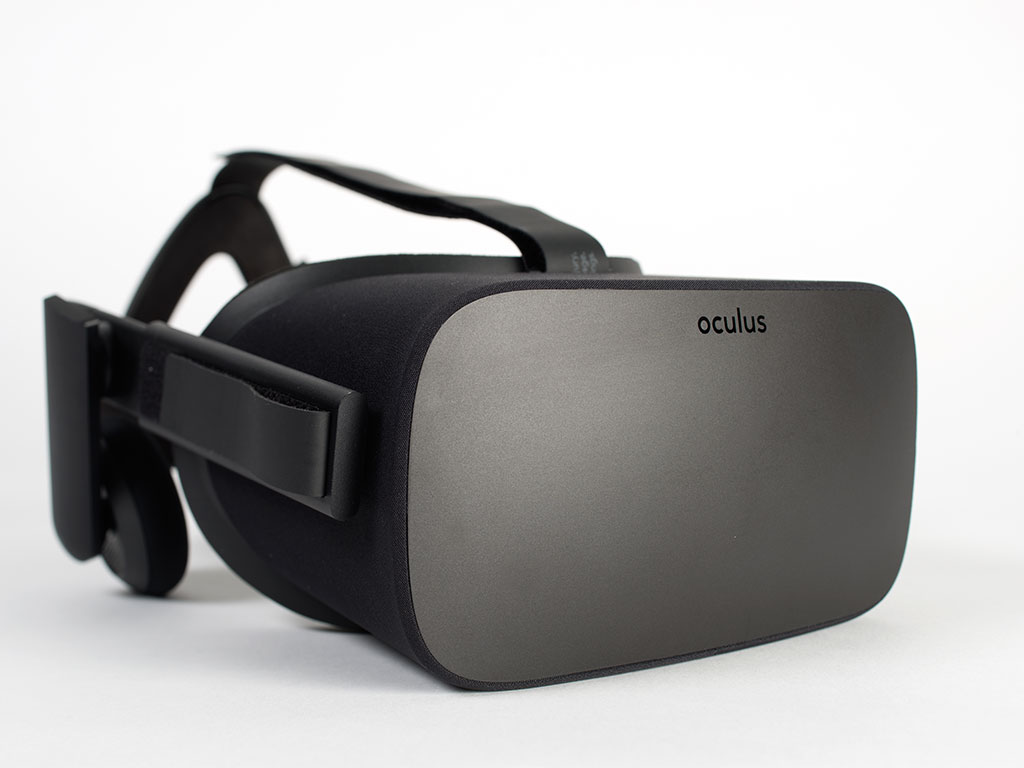Facebook to pay $500m in Oculus virtual reality lawsuit
A US court determined that the Facebook-owned VR company, Oculus, unlawfully used another firm’s technology

ZeniMax's claim was that Oculus, which is owned by Facebook, used its code without permission
A Dallas jury has ordered Facebook to pay $500m to the games company ZeniMax after its virtual reality arm, Oculus, was found to have used the firm’s technology.
The court determined that Oculus, which was bought by Facebook for $2bn in 2014, improperly used computer code belonging to ZeniMax in order to develop its own virtual reality headsets. ZeniMax first sued the start-up in March 2014, just two months after it was acquired by Facebook.
After a trial, in which Facebook CEO Mark Zuckerberg and Oculus founder Palmer Luckey both testified, the firms were found guilty of copyright infringement, misusing trademarks and breaking a non-disclosure agreement. Facebook has said that it will appeal the decision, and has previously stated that ZeniMax filed the lawsuit in a “transparent attempt” to profit from its purchase of Oculus.
The verdict came just hours before the social media giant announced its impressive fourth-quarter results, which showed a strong end to the year for the firm. The company revealed that it had enjoyed a 51 percent jump in profits in the final quarter of 2016, with this increased revenue largely driven by mobile advertising.
Facebook has branded the lawsuit a “transparent attempt” to profit from its purchase of Oculus
While the firm has come under heavy criticism for its failure to control ‘fake news’ in the weeks prior to the US presidential elections, this negative publicity has had little effect on the company’s profits or its number of daily active users. The social network now boasts over 1.86 billion users a month, while a record 1.2 billion users log into their accounts every day. As the company edges closer to amassing two billion active users, over half of the world’s internet-connected users now have a Facebook account.
“Our mission to connect the world is more important now than ever”, Facebook founder Mark Zuckerberg said in a statement reporting the results. “Our business did well in 2016, but we have a lot of work ahead to help bring people together.”
As the company looks to further expand its global presence, it is focusing its attention on sub-Saharan Africa, where it has promised to deliver high-speed internet to rural areas through a network of satellites. While a Space X launch pad explosion in September 2016 temporarily grounded the company’s satellite ambitions, Facebook maintains that it is committed to expanding its influence in the region, in addition to re-entering China, where it has been banned since 2009.













